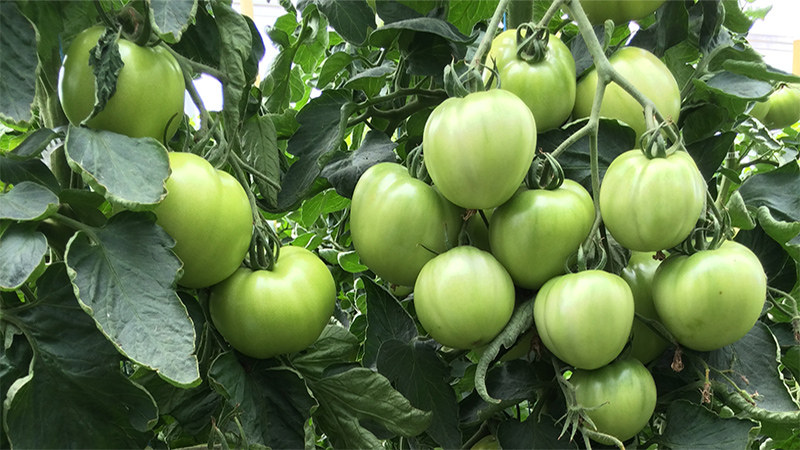Biofuel Snapshots

Just as the shift to biofuel production is transforming US agriculture, here are a few select markets and how they feel the impact of biofuels.
FRANCE
France is a major European sunflower seed producer, with 1.3 to 1.5 million metric tons (MMT) produced annually, according to the US Department of Agriculture’s Foreign Agriculture Service. Demand for raw materials used in biodiesel is expected to increase the amount of planted area of canola (the main beneficiary, which should increase from 320,000 Ha in 2005 to 1.25 million Ha by 2010) and sunflower seeds (with growth from 50,000 Ha to 330,000 Ha by 2010).
RUSSIA
Though it shows massive potential, the Russian bio-energy sector remains undeveloped, as its energy needs are met locally through subsidized natural gas. However, foreign companies have begun plans to supply the growing EU demand. A few projects include Volgograd Oblast, an ethanol production plant in the Volgograd region set to launch in 2008; Krasnodar Kray, a canola processing plant in the Mostov region of Krasnodar kray; Kurgan Oblast, a canola crushing facility; Omsk Oblast, an ethanol plant; Orel Oblast, a canola biodiesel facility; and Lipetsk Oblast, an ethanol plant.
MEXICO
The government of Mexico is becoming interested in developing the country’s biofuel capacity to reduce political pressure related to a number of agricultural commodities, particularly corn and sugar, in light of the upcoming full implementation of NAFTA in 2008.
INDONESIA
While the government has emphasized biofuel development, no quantifiable incentives or clear policy exists to facilitate investment. Some small-scale plants and pilot projects are running, and some companies plan to construct large-scale production plants. Most of these focus on using either palm oil or castor oil to produce biodiesel, although one firm is also considering corn for ethanol. As the world’s second leading palm oil producer, and with a surplus approaching 10 million tons, palm oil has the greatest potential, but for this to happen, the palm oil would have to be bid away from export markets, where demand is strong.
SOUTH AFRICA
South Africa’s Energy Development Corporation (EDC), a division of the state-owned Central Energy Fund (CEF), is to buy a 25.1% stake in Ethanol Africa, a company set up by commercial farmers to turn surplus corn into biofuel. The deal will add impetus to an initiative to absorb the potential corn surplus, which was avoided this year by planting 44% fewer hectares to corn. Ethanol Africa plans to set up eight ethanol plants in the traditional corn-producing provinces of Free State and North West. The first plant at Bothaville will take 400,000 tons of corn annually and should be in operation by late 2007.





